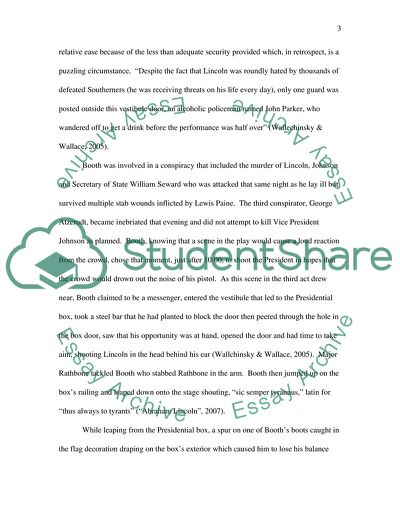Cite this document
(Historical Figure Portrayal Essay Example | Topics and Well Written Essays - 1250 words, n.d.)
Historical Figure Portrayal Essay Example | Topics and Well Written Essays - 1250 words. https://studentshare.org/biographies/1707827-historical-figure-portrayal
Historical Figure Portrayal Essay Example | Topics and Well Written Essays - 1250 words. https://studentshare.org/biographies/1707827-historical-figure-portrayal
(Historical Figure Portrayal Essay Example | Topics and Well Written Essays - 1250 Words)
Historical Figure Portrayal Essay Example | Topics and Well Written Essays - 1250 Words. https://studentshare.org/biographies/1707827-historical-figure-portrayal.
Historical Figure Portrayal Essay Example | Topics and Well Written Essays - 1250 Words. https://studentshare.org/biographies/1707827-historical-figure-portrayal.
“Historical Figure Portrayal Essay Example | Topics and Well Written Essays - 1250 Words”. https://studentshare.org/biographies/1707827-historical-figure-portrayal.


